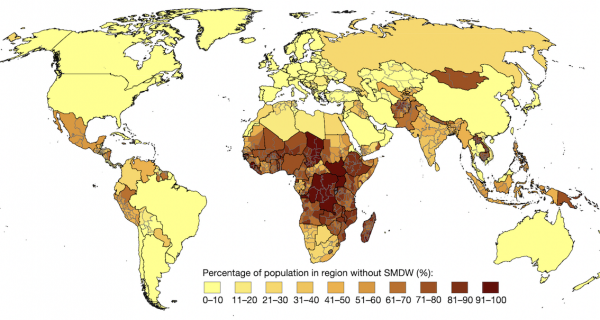Is it ok to use ChatGPT as a researcher?
Using ChatGPT as a researcher can unlock new possibilities in how one conducts research, evaluates findings, and promotes one's findings, but make sure to check for accuracy and biases.

Let’s start by agreeing on something, ChatGPT can come in very handy. Especially as a researcher.
ChatGPT is a language model that has gained significant attention in recent times. In this blog post, we will explore the question: Is it ethical to use ChatGPT as a researcher? We’ll delve into the benefits it offers, examine potential challenges, and discuss the responsible usage of this technology in research.
1. Benefits of ChatGPT for Researchers:
ChatGPT presents researchers with a versatile platform for natural language processing experimentation. Its ability to generate coherent and contextually relevant responses opens up a wide range of research possibilities. Whether it’s text generation, summarization, translation, question answering, or other language-related tasks, ChatGPT can serve as a valuable ally in exploring and prototyping ideas.
2. Exploring New Frontiers with ChatGPT:
One of the primary advantages of ChatGPT is its potential to uncover new insights through exploratory research. Researchers can engage in conversations with ChatGPT, unveiling novel patterns and gaining a deeper understanding of the complexities of human language. This can open doors to innovative approaches and drive progress in natural language understanding.
3. Prototype Development and Evaluation:
ChatGPT’s responsiveness and adaptability make it an excellent choice for developing prototypes and evaluating models. Researchers can harness its capabilities to build conversational agents or interactive systems, facilitating rapid experimentation and iterative development. Comparing the performance of other models against ChatGPT can provide valuable insights and benchmarking opportunities.
4. Ethical Considerations of Using OpenAI’s ChatGPT:
While ChatGPT is a powerful tool, researchers must be mindful of its limitations and ethical considerations. The model might generate incorrect or nonsensical responses and be sensitive to subtle changes in input phrasing. It is crucial to exercise caution and validate the outputs to ensure the reliability of the findings.
Furthermore, bias and fairness are important ethical considerations when using ChatGPT. The model can exhibit biased behavior or respond to harmful instructions, which could perpetuate and amplify societal biases. Researchers must remain vigilant in identifying and addressing any biases present in the model’s responses, striving for fairness and inclusivity in their research.
5. Responsible Usage:
OpenAI provides guidelines and documentation to promote responsible usage of ChatGPT. Researchers should adhere to these guidelines and ensure that their research aligns with ethical practices. Transparent reporting of methodologies, including the use of ChatGPT, can help foster reproducibility and accountability in the research community.
Conclusion:
Using ChatGPT as a researcher can unlock new possibilities in how one conducts research, evaluates findings, and promotes one’s findings. Its versatility, responsiveness, and potential for exploration and prototype development are invaluable. However, researchers must approach its usage with caution, acknowledging its limitations and being mindful of ethical considerations. By adhering to responsible practices, researchers can leverage the power of ChatGPT while striving for fairness, inclusivity, and transparency in their research endeavors.
Remember to consult with your faculty and research guidelines for detailed instructions and policies regarding the responsible usage of ChatGPT in research. Let’s push the boundaries of knowledge while upholding the values of ethical research.
If you’re interested in learning more about how ChatGPT can help you in your journey as an academic, click here.











































